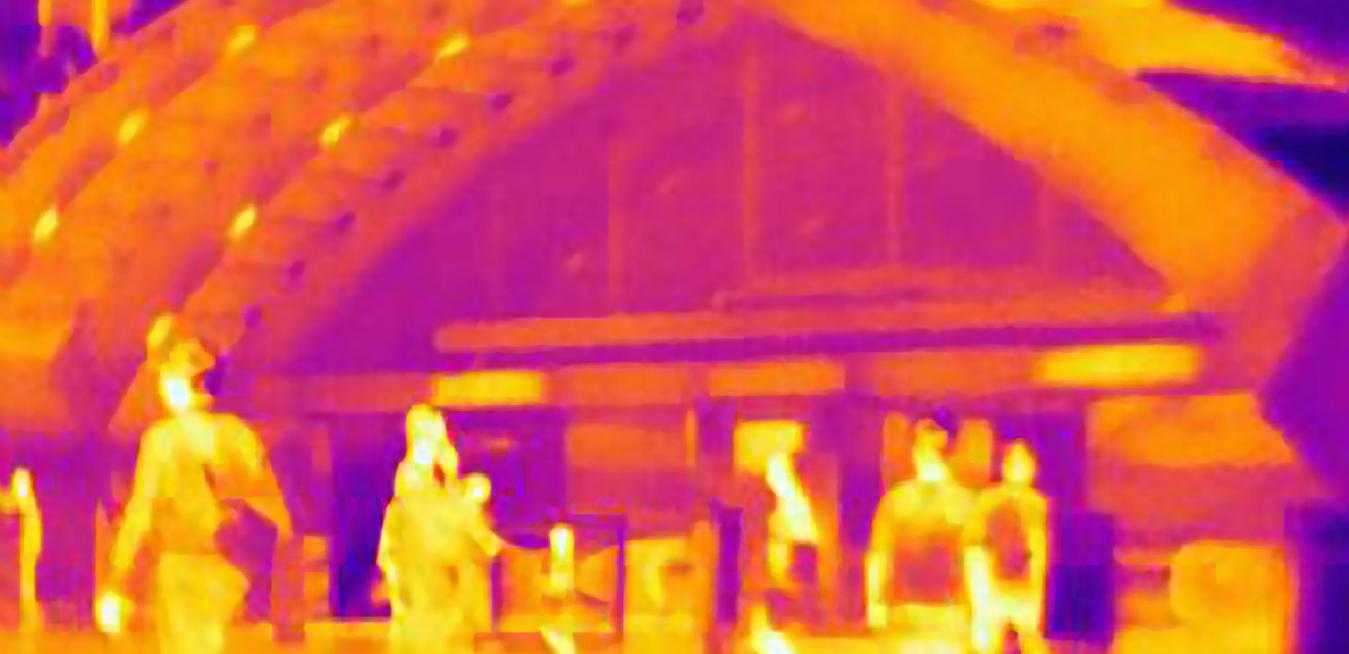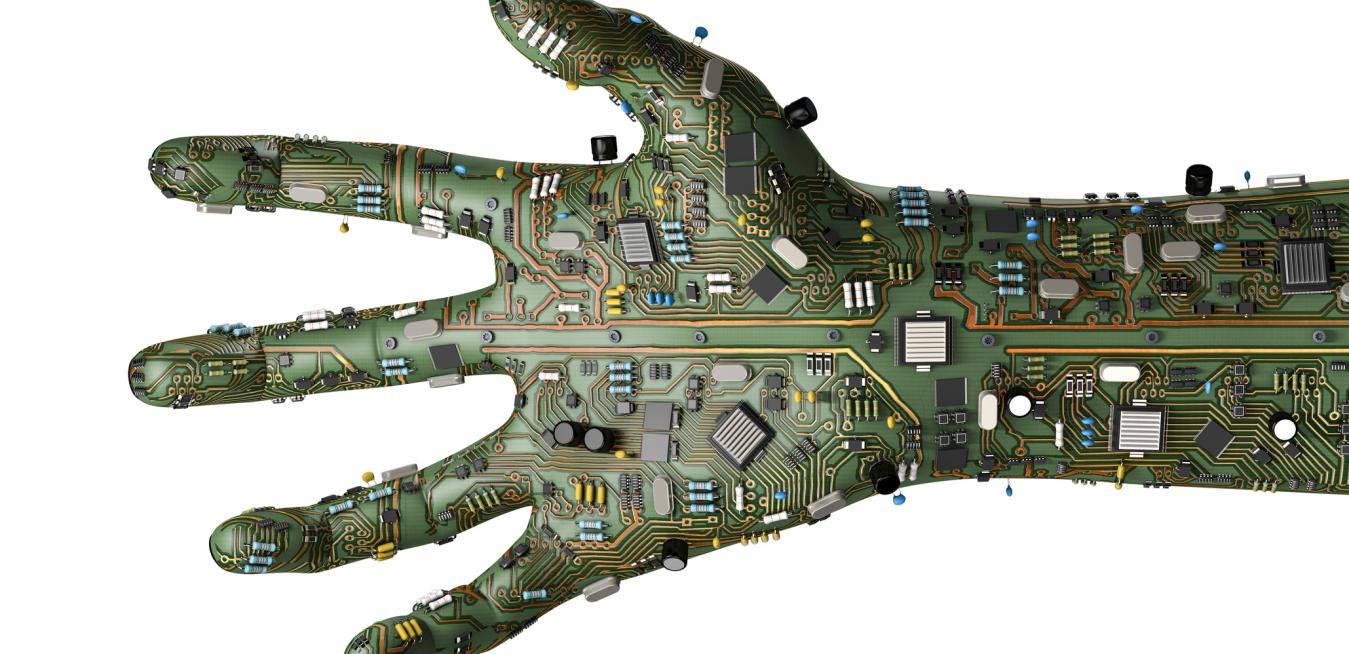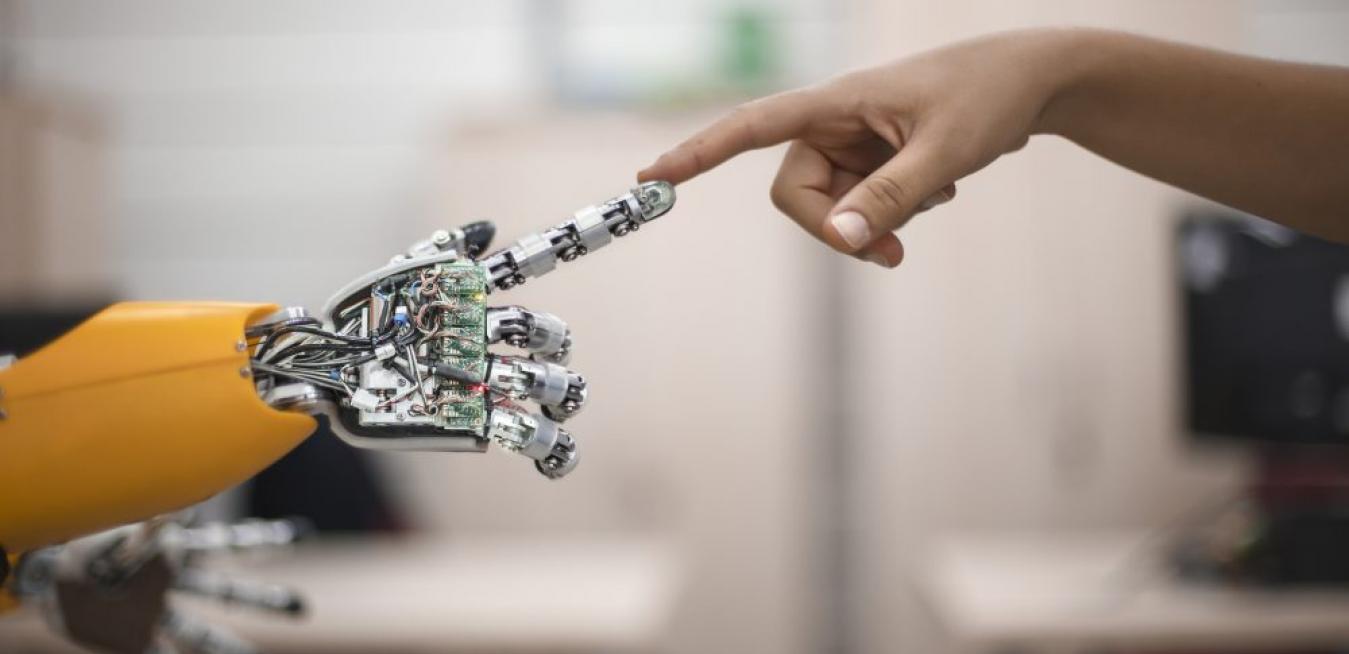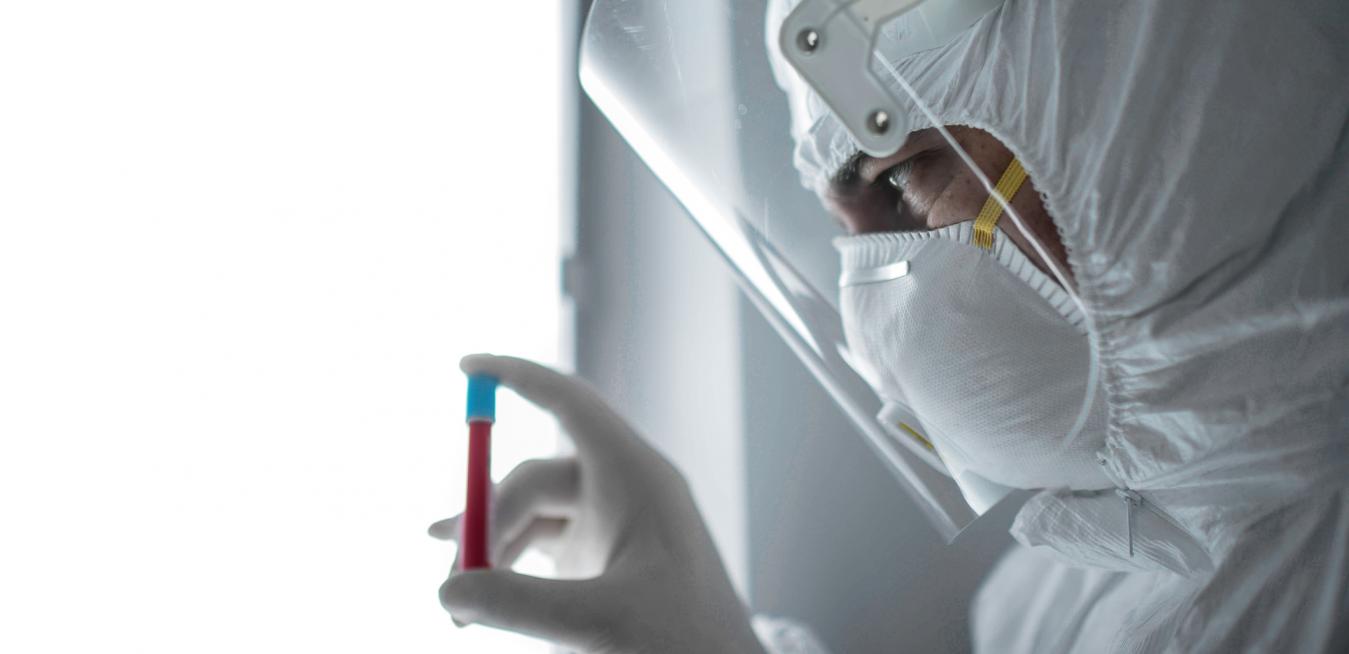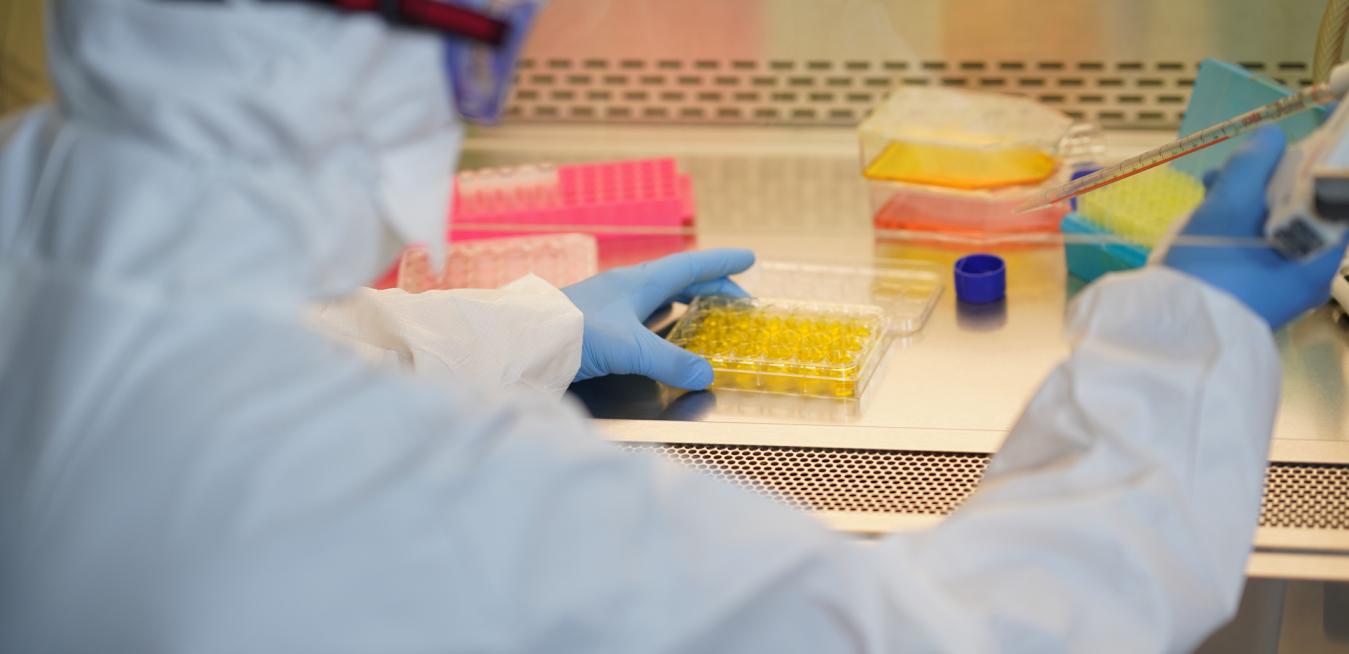Nuclear power plants can produce huge amounts of electricity while keeping their carbon footprints at relatively low levels, compared to power stations that burn fossil fuels. But building, maintaining and operating a nuclear plant is also relatively expensive. To make sure these plants remain competitive, the U.S.
Machine learning is helping researchers develop potential COVID-19 vaccines, the world’s fastest computer shed some light into the coronavirus’ strange effects on the body, and a new discovery could lead to electric-vehicle batteries that recharge more efficiently. Also in this week’s coolest scientific findings: a smart thermometer that can take the temperatures of up to nine people at once.
Researchers developed an air filter that can kill coronavirus particles on contact, a new drug that targets the most aggressive type of breast cancer, and an integrated processor that could help robots understand and make decisions based on the interplay between their senses of sight and touch — just like humans. One thing robots haven’t learned to do yet, though? Get totally jazzed about cool scientific discoveries. Read on if you’re not a bot.
Physicists in Germany designed an optical mirror that’s a thousand times thinner than a human hair but emits a powerful reflection, scientists in Washington created a tiny wireless camera system that can be attached to the backs of insects, and a Russian team came up with a way to make it easier to use nanoparticle therapies to treat disease. In this week’s coolest scientific advances, big ideas come in small, small, small packages.
Australian researchers are testing a promising new anti-cancer vaccine, Duke University scientists formulated an artificial cartilage that’s as tough as the real stuff, and a team at Northwestern University developed a biomaterial that could shield space travelers from radiation — sort of like sunscreen does for beachgoers. Read on for those and other bright ideas from the week in scientific achievement.
A new paper tackles the thorny question of ethics and artificial intelligence, an ultraviolet-emitting robot can kill the coronavirus in large spaces like schools and grocery stores, and NASA researchers are mapping out a system of “cosmic lighthouses” that might help future space travelers navigate. This week’s coolest scientific advances are a beacon in an uncertain world — and there are dogs involved too.
Researchers have been growing mini organs in the lab to understand the effects of the new coronavirus on the body, the anti-COVID-19 drug remdesivir is being tested in inhaler form, and a collaboration of chemists from Germany and Tennessee found a better way to produce a superthin, superstrong supermaterial. Read on for more of the week’s supercool scientific findings.
Researchers designed a wearable brain scanner that could shed light into Alzheimer’s and other brain conditions, got one step closer to finding a “Holy Grail” of renewable energy, and caught a tantalizing glimpse of a new particle that could help explain the makeup of the universe. Or ... maybe not. What’s much more certain, though, is how cool this week’s coolest scientific advances are.
In the wild, a meerkat like 5-year-old Mark would spend much of his day foraging with his family group, snacking on anything from insects to reptiles to small mammals. But as a resident of the Cincinnati Zoo & Botanical Garden, the small, burrowing mammal receives his meals at predictable times from the zoo’s animal care staff. It’s safe and reliable, but often lacking the thrill of the chase.
European scientists used stem cells to grow embryo-like structures that will shed light on human development, researchers in Ohio developed a breathalyzer-type device that can test for COVID-19 infection in seconds, and an artificial eye developed by scientists in Hong Kong exceeds the abilities of previous bionic eyes — and maybe those of human eyes, too. All that and more in this week’s coolest scientific advances.






